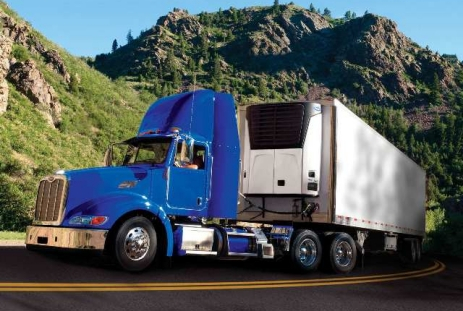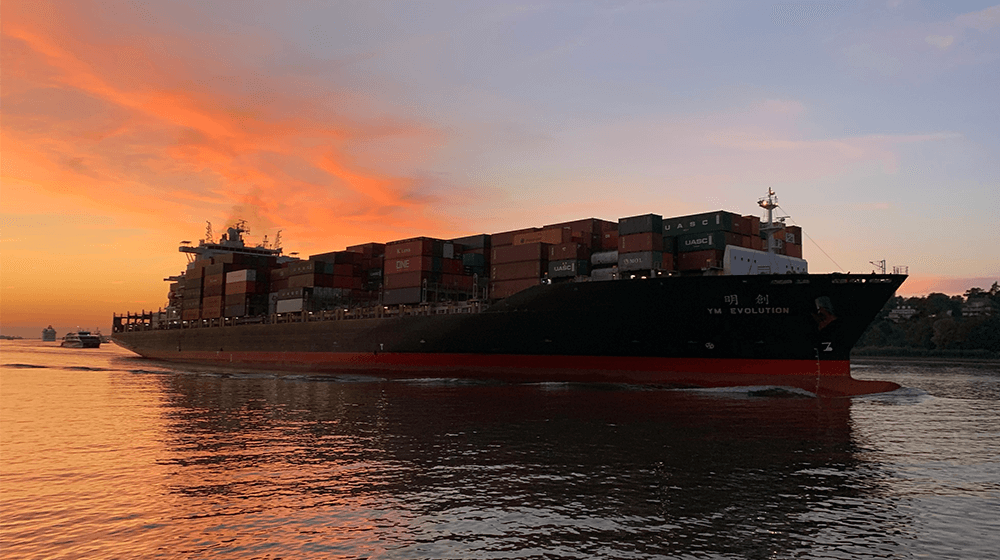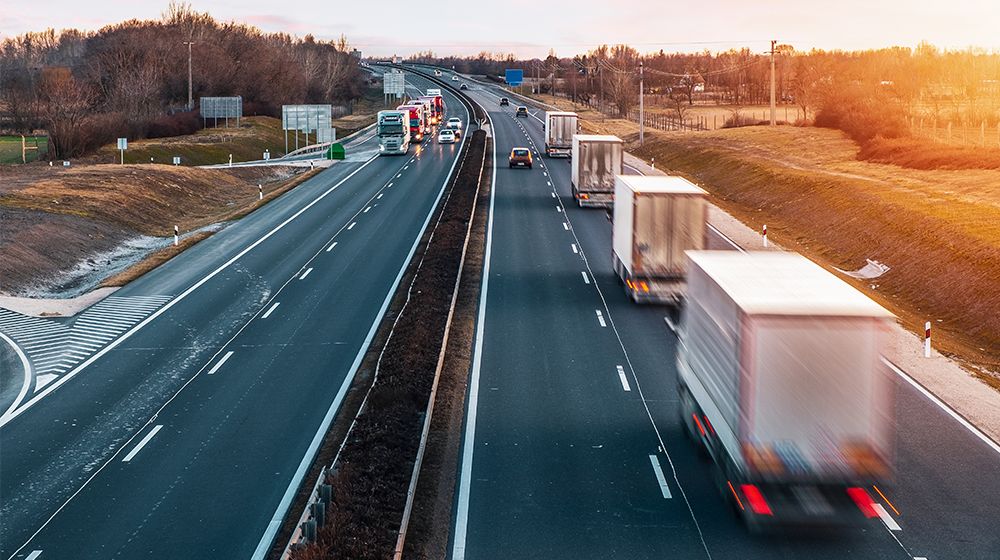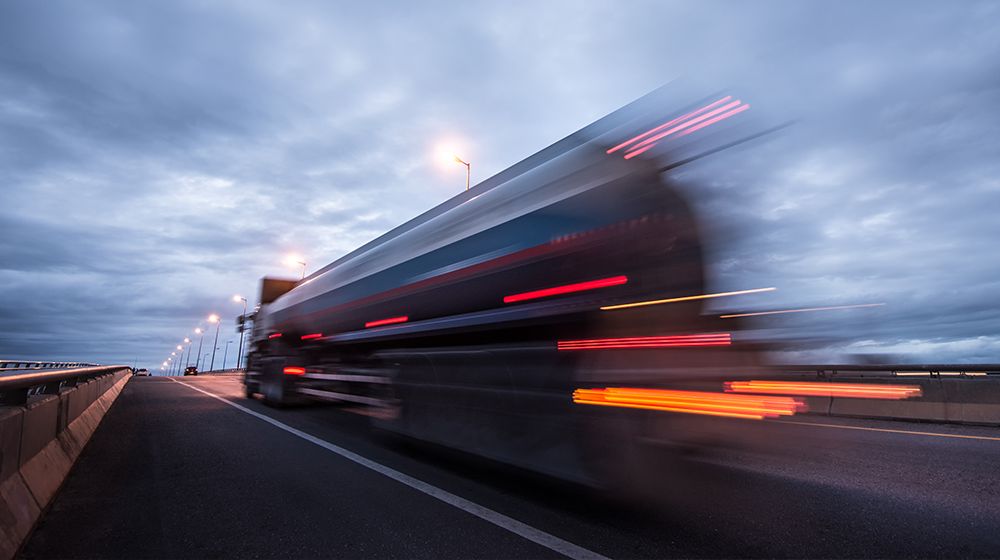Improper temperature control is a key reason why food and other perishable cargo are wasted in the supply chain. Smart transportation companies understand the value of reliable cold chain monitoring and delivering properly cooled food and pharmaceuticals to customers. Aside from the financial costs of improper cargo temperature control, today's regulatory climate demands that refrigerated assets be monitored and controlled in real time.
According to the Agreement on the International Carriage of Perishable Foodstuffs and on the Special Equipment to be Used for such Carriage (ATP), refrigerator trucks are to be equipped with independent temperature recorder. But how can we carry out a remote real time refrigerator temperature control? Today we’re going to give you an overview of Wialon-Carrier DataCold integration.
Carrier – is the world leader in high-technology heating, air-conditioning and refrigeration solutions among which we’d like to point out DataCold recorder. It records temperature and other data from the operation of the refrigeration unit and are suitable for all kinds of vehicles, from small vans up to semi-trailers. Combined with a GPS tracker DataCold recorder allows for remote control and data monitoring of refrigerator performance in Wialon tracking solutions with no need to install extra temperature sensors.
Temperature
Real-time temperature value is shown in a unit tooltip.
All the temperature changes as well as defrost information for the chosen time period are available in a chart.
Online, SMS or email notifications will alert a dispatcher in case of temperature deviations.
Refrigerator Performance Control
In Wialon system you will get a precise data on time and location of a refrigerator turning on/off throughout the trip. This information allows to check, for instance, whether a driver shut down the refrigerator for fuel saving.
Doors Opening Detection
Wialon system detects doors opening as well as gives information on the location, time and duration of the event.
All in all, Wialon-DataCold combination brings you real-time visibility and control of your cold chain, ensuring that cargo temperature stays within the acceptable range and alerting if any sudden changes occur. This results in minimizing temperature-related load rejections, reducing costly spoilage claims and cut redelivery costs. In other words, good for cargo, good for you.













